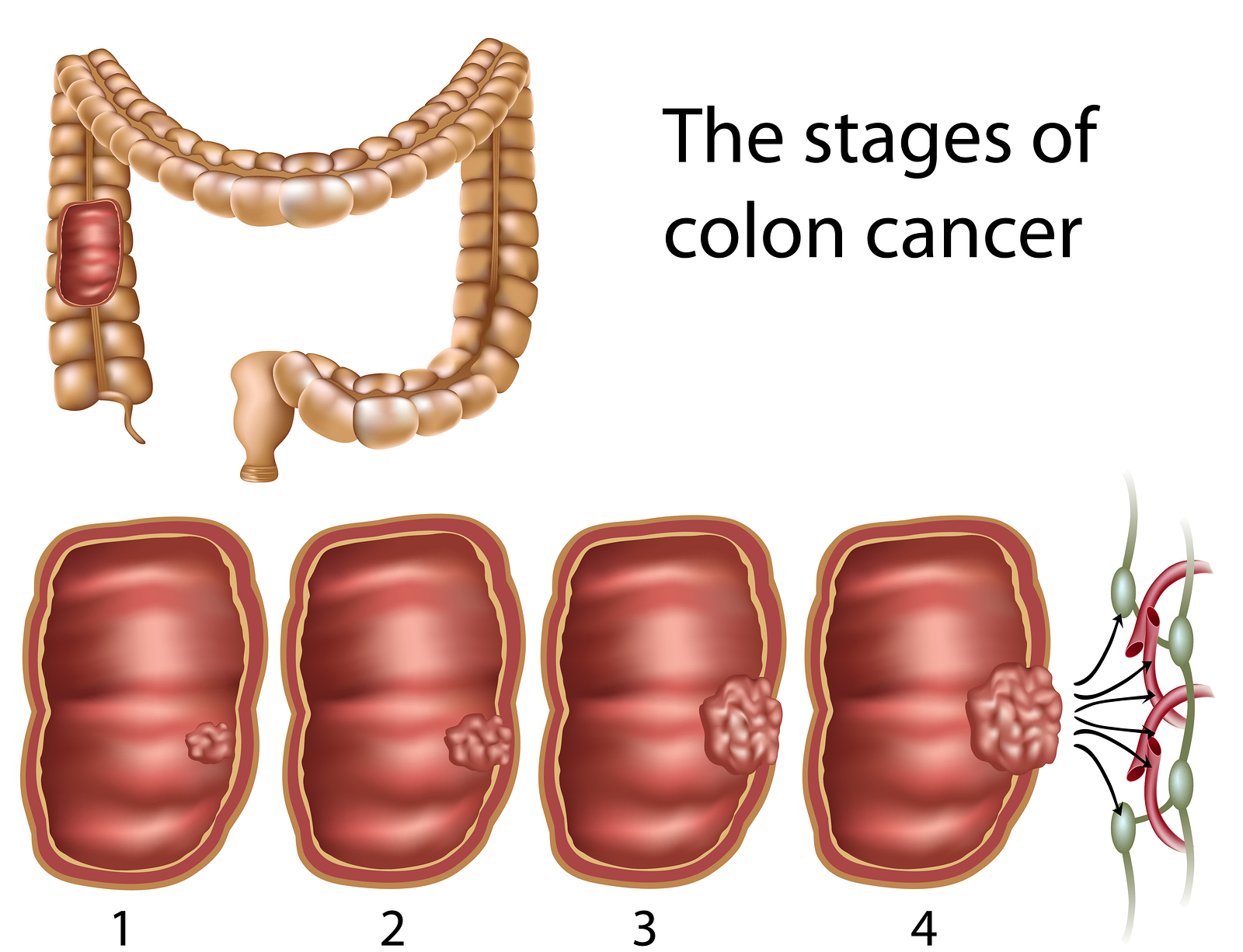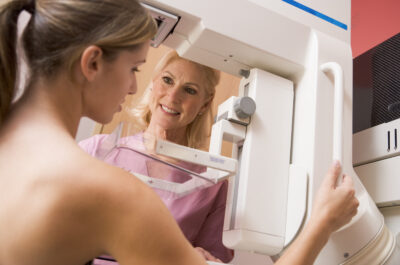One of the hardest things physicians often have to do is to convince patients that they need to be screened for  colorectal cancer. Perhaps it is because it seems like a taboo subject or because of the embarrassment of taking about the procedures but colorectal cancer is the number 2 cancer killer in the United States and the most preventable cancer. “ In the U.S. in 2009,* 136,717 people were diagnosed with colorectal cancer, and 51,848 people died from it.†”[1] If everyone aged 50 years or older had regular screening tests, at least 60% of deaths from this cancer could be avoided.
colorectal cancer. Perhaps it is because it seems like a taboo subject or because of the embarrassment of taking about the procedures but colorectal cancer is the number 2 cancer killer in the United States and the most preventable cancer. “ In the U.S. in 2009,* 136,717 people were diagnosed with colorectal cancer, and 51,848 people died from it.†”[1] If everyone aged 50 years or older had regular screening tests, at least 60% of deaths from this cancer could be avoided.
Here are some facts you should consider. If you’re 50 or older, getting a colorectal cancer screening test could save your life. Here’s how:
• Colorectal cancer usually starts from polyps in the colon or rectum. A polyp is a growth that shouldn’t be there.
• Over time, some polyps can turn into cancer.
• Screening tests can find polyps, so they can be removed before they turn into cancer.
• Screening tests also can find colorectal cancer early. When it is found early, the chance of being cured is good. [2]
You might wonder who can get colorectal cancer. It occurs in both men and women. “Colorectal cancer can begin anywhere in the large intestine. The majority of colorectal cancers begin as polyps—abnormal growths—inside the colon or rectum that may become cancers over a long period of time.”[3] It is most often found in people 50 or older and the risk increase with age. You can have it and have not symptoms as often this is how it starts. Eventually this can change to symptoms such as blood in your stool, stomach pain or cramps that don’t go away and weight loss that is unexplained.
Your risk can increase if you or a close relative have had colorectal polyp or colorectal cancer, if you have inflammatory bowel disease, or you have a genetic syndrome such as familial adenomatous polyposis (FAP) or hereditary nonpolyposis colorectal cancer
You can lower your risk for color cancer. Your diet, weight and how much exercise you get daily will affect your risk for colon cancer. You can help lower your risk by eating more vegetables, fruits, and whole grains, and less red meat (beef, lamb, or pork) and less processed meat (hot dogs and some luncheon meat) Men should limit alcohol to no more than 2 drinks a day, and women to no more than 1 drink a day.[4] Limit how much dairy you consume on a daily basis as this can also affect cancer cell growth.
You can also help lower your risk for colon cancer by getting more exercise and staying at a healthy weight. Smoking also increases the risk, so if you smoke, try to kick the habit.
Colorectal cancer screening test can include for men and women aged 50–75 high-sensitivity fecal occult blood testing, sigmoidoscopy, or colonoscopy. The schedule for these tests is as follows:
- Colonoscopy (once every 10 years).
- High-sensitivity fecal occult blood test, also known as a stool test (once a year).
- Flexible sigmoidoscopy (every 5 years).[5]
Be prepared to ask your doctor the following questions concerning these tests:
What screening test(s) do you recommend for me?
How do I prepare? Do I need to change my diet or my usual medication schedule?
What’s involved in the test? Will it be uncomfortable or painful?
Is there any risk involved?
When and from whom will I get results?
If you’re having a colonoscopy or sigmoidoscopy, you will want to know—
Who will do the exam?
Will I need someone with me?
You should talk to your doctor or medical provider to determine what is the best treatment and prevention plan for you.
[1] CDC Colorectal Cancer, http://www.cdc.gov/cancer/colorectal/index.htm
[2] Colorectal Cancer Basic Facts Sheet. www.cdc.gov/screenforlife. http://www.cdc.gov/cancer/colorectal/pdf/Basic_FS_Eng_Color.pdf
[3] CDC, Frequently Asked Questions about Colorectal Cancer. http://www.cdc.gov/cancer/colorectal/basic_info/faq.htm
[4] Colon Cancer and Early Detection What You Need to Know. Feb. 28th, 2013, American Cancer Society. http://www.cancer.org/cancer/news/features/coloncancer-prevention-and-early-detection-what-you-need-to-know
[5] CDC, Colorectal Cancer, Questions to Ask Your Doctor



